Review of Bridge Too Far, A (Special Edition)
Introduction
With a cast that back-end deals and budgetary overdrafts were built for (everyone from Laurence Olivier to Gene Hackman gets their marching orders,) this three-hour dramatisation of the disastrous Operation Market Garden takes ‘The Longest Day’ route of massive battle-scenes, a bloated cast of marquee names and sweeping, anonymous direction of war-charred panoramas (here courtesy of Richard Attenborough.) Unlike D-Day however, the battle for the Arnhem bridge that dominates the narrative of ‘A Bridge Too Far’ was an ambitious folly, a brazen armored extension of Patton and Montgomery’s legendary p***ing contest that lead to thousands of Allied casualties and negligible military gains. Healing the morale bruises are heroic characterisations and poignant vignettes of noble camaraderie and humble gallantry courtesy of Anthony Hopkins, James Caan, Robert Redford and Sean Connery.
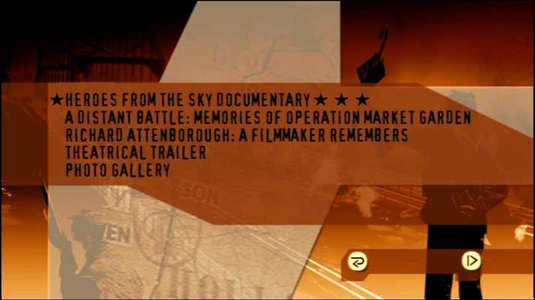
Video
There’s some noticeable print damage (glaring in some instances) and the image has a hazy, soft-focus look. A muted palette of earthy colours feels appropriate and this remains a good transfer thanks largely to years of being pan and scanned on TV for comparison.
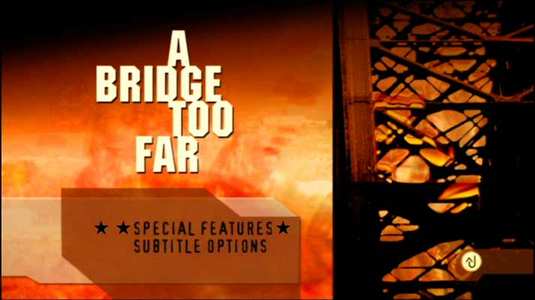
Audio
Occasional use of the rear channels on the 5.1 track, but it is never terribly immersive. Dialogue is rather low on the front channels and John Addison’s intermittent score booms overbearingly through the rest.
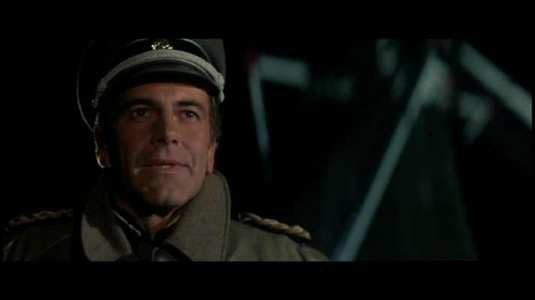
Features
Solid, comprehensive docs on the making of the film and moving testimony from the battle’s real participants. A recent interview with Attenborough candidly explores the difficulties of making the film whilst never losing sight of the real tragedy he was at pains to commemorate. A Trivia Track contains snatches of historical insight in garish translucent colours. The Commentary track is falsely labeled as solely the work of screenwriter William Goldman but is actually a pick and mix of numerous collaborators, most of them technical. The typically cantankerous Goldman makes his disdain for the modern vogue of “bloodbath” war movies pretty clear, but the other contributors settle for measured insights into the production including amusing anecdotes about the extremes extras would go to not be spotted on film in order to continue their employment in later scenes.
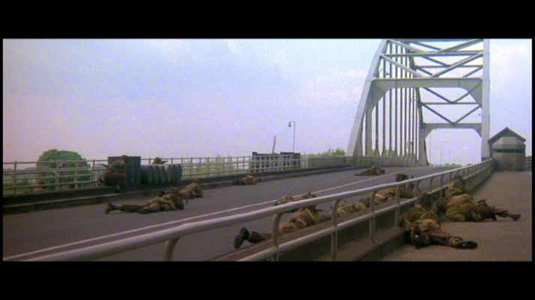
Conclusion
Truffaut famously and rather contentiously said that an “anti-war” film is a contradiction in terms as film, simply by its nature, distorts, objectifies and glamourises what it creates. He has a point; as gruesomely illustrative of the horrors of battle as ‘Platoon’ and ‘Saving Private Ryan’ are, there’s no doubt that through the talents of their respective filmmakers that their horrors are transformed into some kind of magnificence through the redemptive power of art. There’s something inherently perverse about the notion that war, coated in all its base human brutalities, can be so easily, and seemingly so trivially, converted into an object of intellectual curiosity or, worse, a piece of mass entertainment. Despite a reputation for being dramatically stale and stylistically undistinguished, ‘A Bridge Too Far’ has to be given credit for embracing Truffaut’s claim as a challenge, generating a rhythm and tone that deliberately deflates and annuls, and running with it.
In its day one of the most expensive productions ever and with megalomaniacal entrepreneur Joseph E. Levine fitting the bill, it should come as no surprise that ‘A Bridge Too Far’ is the grandiose “objective” war movie rather than the mucking it with the grunts subjectivity of say, ‘The Big Red One’. Its concerns are sweeping and holistic, only occasionally shifting to intimate episodes devoted to character and symbolic minutiae: a particularly unexpected and harrowing sequence shows the results of RAF supply drops that fall into enemy hands, the suffering represented in an almost mute fleeting pitilessness. Perhaps fittingly, it is in these moments where the cruelty of battle is at its most tactile, rather in the removed and relentless logistics of the battles themselves, edited into angular abstraction by a torpid editing tempo that seems to suggest that not only is battle confusing, it’s also rather boring.
The nature of the narrative leads to a fractured ensemble of characters and disciplines, and the best plot-lines are lead by the best performances: Stiff-upper lip staple Dirk Bogarde successfully translates the moral ambivalence of General Frederick ‘Boy’ Browning. Hopkins steals the show with nuanced modesty as the commander of a doomed brigade of troops. Caan impresses with his rough-hewn brand of plain-talking chivalry. And whilst Elliot Gould munches mercilessly on his cigar for the John Wayne award for most egregious stereotype, Redford turns heads with underplayed authority as he leads a suicide mission across the Rhine. Away from the mega-stars, Frank Grimes is excellent in a small but pivotal role as an obsequious officer with grave doubts but war-mongering superiors.
It remains dazzling as a physical production: the paratrooper landing sequence is mind-blowing in an era of CGI-glazed artificiality, and the film benefits from distinctive locations and recognisable stars to distinguish between the numerous battlegrounds and independent operations. Even so, during the second hour, the mash of pyrotechnics and homogenous skirmishes begin to blend into a single numbing background and the dramatic repetitiveness of the story and the relentless futility of the exercise begins to drain the viewer of empathy and understanding when it should be invigorating it. Still, with its bruised, torpid rhythm and desolate emotional landscape, ‘A Bridge Too Far’ avoids the triumphalism of its peers and captures insights into the conflict that are not only unexpected in such a mainstream production, but are overlooked in favour of flashier dynamics in more aggressively acclaimed war pictures.
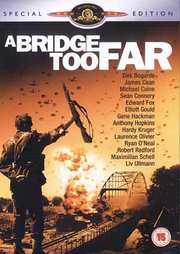
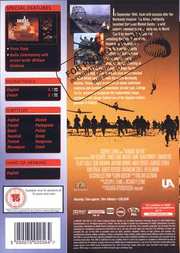




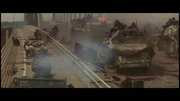
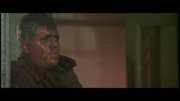
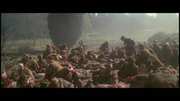
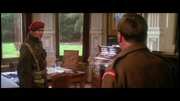
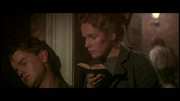
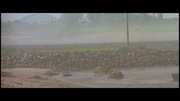
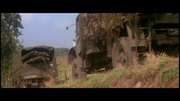
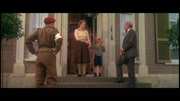
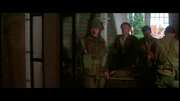
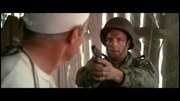
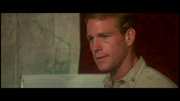
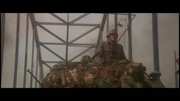
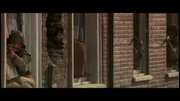
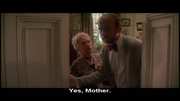
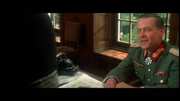
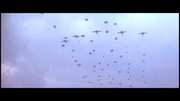
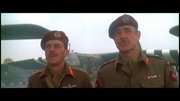
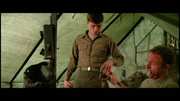
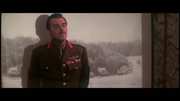
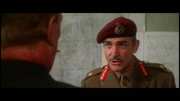
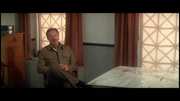
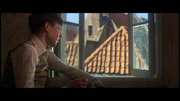
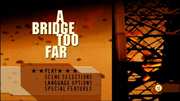
































Your Opinions and Comments
Be the first to post a comment!